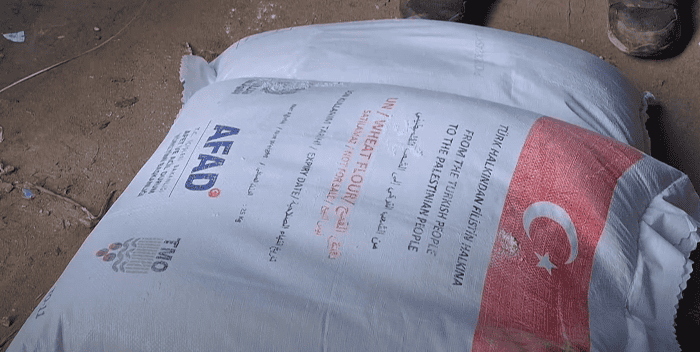The call to prayer rises.
My brother goes out to pray at the mosque —
the same mosque the Israelis threatened to bomb many times.
A rocket sound.
We rush to the windows,
looking for my brother.
We sit,
hearts heavy with the pain of past losses,
afraid, waiting for the sound of the door unlocking.
Mohammed comes back,
smiling,
telling us how he survived death once again.
They say the price of flour has dropped.
My father hurries out to buy some.
I get up to bake a cake with what’s left of our flour — to celebrate.
I secretly add a lot of sugar,
even though only a few grains are left in the jar.
But my mother doesn’t get angry —
she’s happy,
waiting for the flour.
My father returns,
but he brings worry instead of flour.
He tells us the flour disappeared from the market by the time he arrived.
I put on my red lipstick,
trying to feel some of the femininity the war took from me.
Then my little niece comes,
and says this is the color of the blood she saw on the martyrs’ shrouds.
I pause for a moment.
Then I continue putting the blood on my lips,
unbothered.
This is not a nightmare.
Not a drama film.
It’s just half an hour
in Gaza.
Hala Al Khatib
Hala Al Khatib is a Palestinian writer and poet from Gaza who studies English literature. Her writings have been published with Al Jazeera, We Are Not Numbers, and Electronic Intifada.

